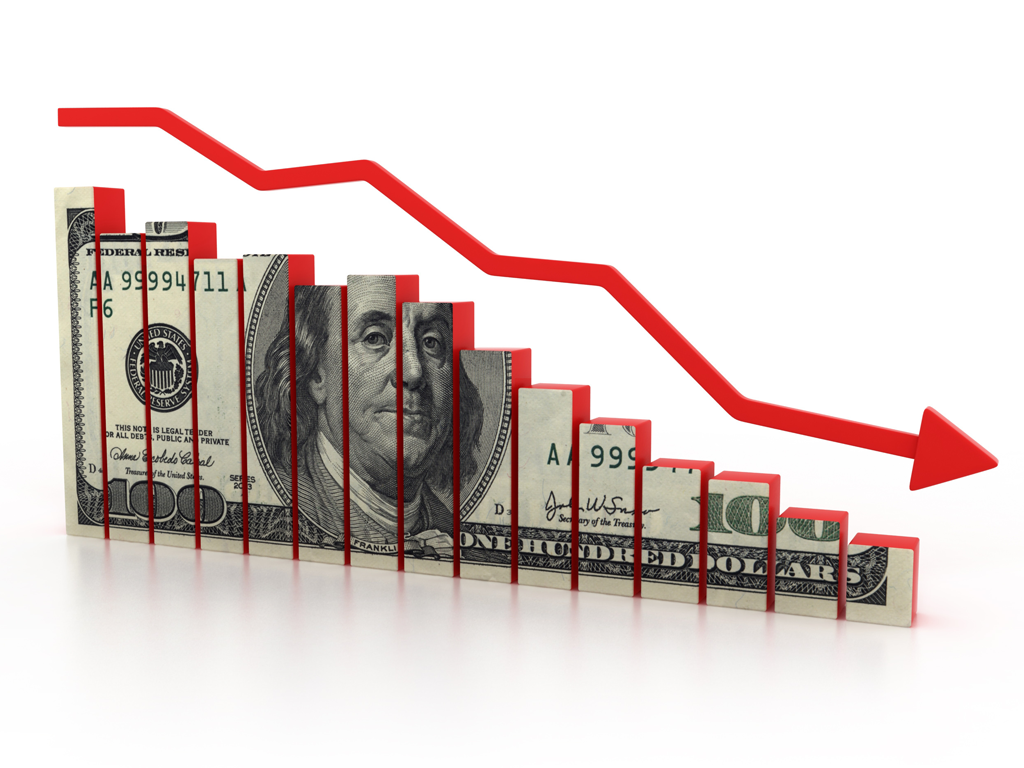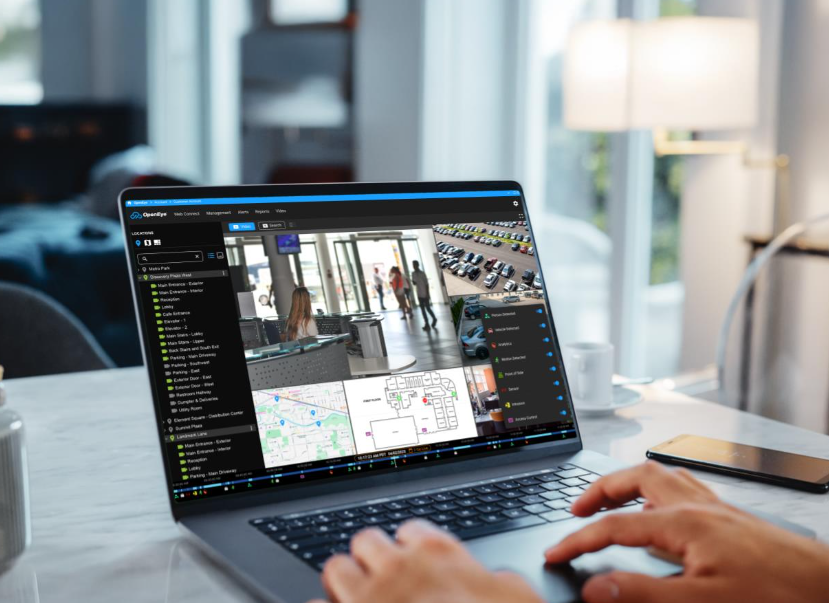The Hidden Tax We All Pay When the Economy (and Jobs) Lag

The latest jobs report was released last week, and the news was “disappointing” to media outlets across the board. While the official numbers indicate 194,000 jobs were added, this fell well short of the 500,000 that Dow Jones (and the markets) expected. But this number seems to belie good unemployment numbers, which dropped to 4.8% from 5.2% in August. So, what gives? Some believe the lagging job numbers and seemingly good unemployment numbers demonstrate the real reason unemployment is dropping – fewer people are looking for work. This theory has merit.
Blame it on current policies that incentivize people to stay home, the skills gap, or any theory you wish, the fact is there are almost four (4) million fewer people employed today than there were in 2019 before the pandemic. Combine fewer people looking for work with record job openings and you get inflationary pressures caused by increasing wages, which in turn forces business to raise its costs to consumers.
Now let’s add some supply chain shortages caused by clogged ports of entry with thousands of containers sitting offshore waiting to be off-loaded because there are not enough people working to transport the containers throughout the country. Add to that the microchip shortage that has new car lots nearly empty, rising home prices, rising gas prices and you have a veritable smorgasbord of factors that lead to: inflation – the hidden tax on all of us.
Inflation can have a cruel impact on the country because it is in reality a “regressive” tax that impacts lower income families and small businesses the hardest. Increased prices for bread, bacon, milk and meat serve as one example. The price of gas hits everyone, but for those workers barely getting by and having to commute 200 miles a week, the price of gas is a HUGE hidden tax on that individual’s economy. The same holds true for small electronic security companies. Gasoline, supply shortages and other economic forces are hitting ESA members directly in the pocket and it continues to hit owners and employees when they get home. Inflation is a cruel “tax” because it is regressive against small businesses and struggling families.
The current dilemma employers and the country face makes one wonder, what will happen when an infrastructure bill does pass and pushes trillions of dollars into rebuilding roads, bridges, and airports? Where are those jobs going to come from? At least for now, we don’t have to consider that potential because Congress can’t get its caucuses on either party aligned.
Some may think that is a good thing.




